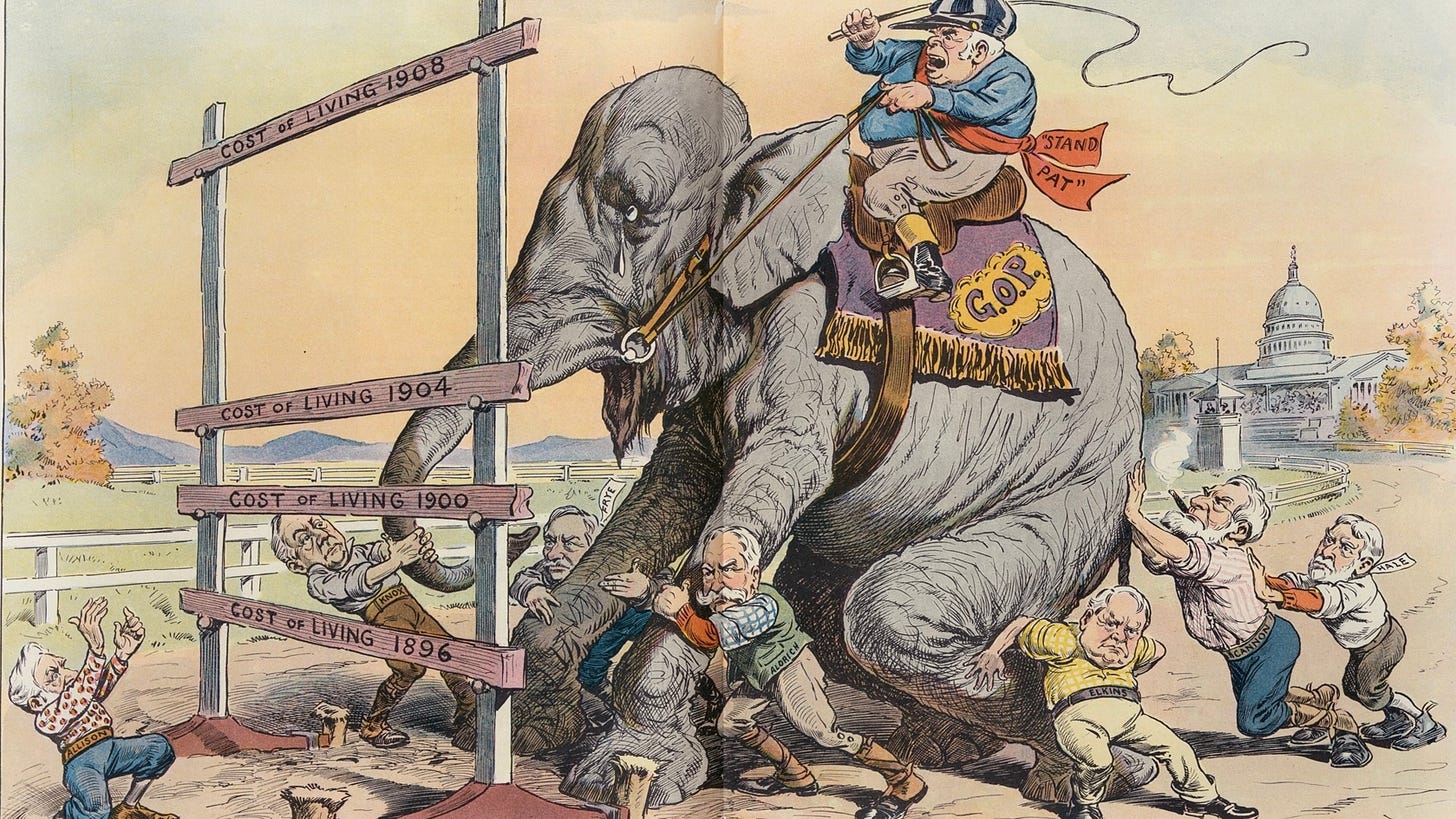Welcome to CrowdSource, your weekly guided tour of the latest intellectual disputes, ideological disagreements, and national debates that piqued our interest (or inflamed our passions). This week: the Crowd responds to our live event.
Join us! CrowdSource features the best comments from The Crowd — our cherished readers and subscribers who, with their co…





